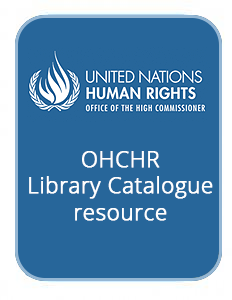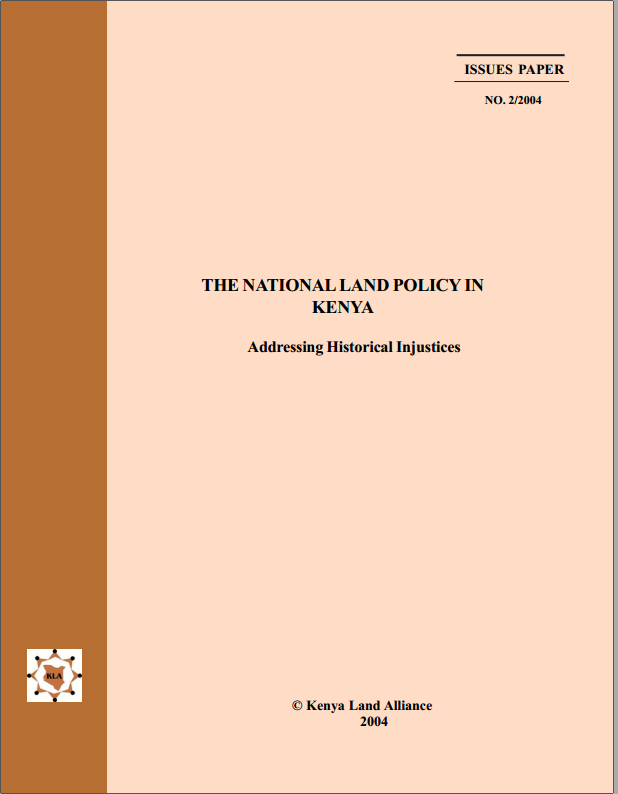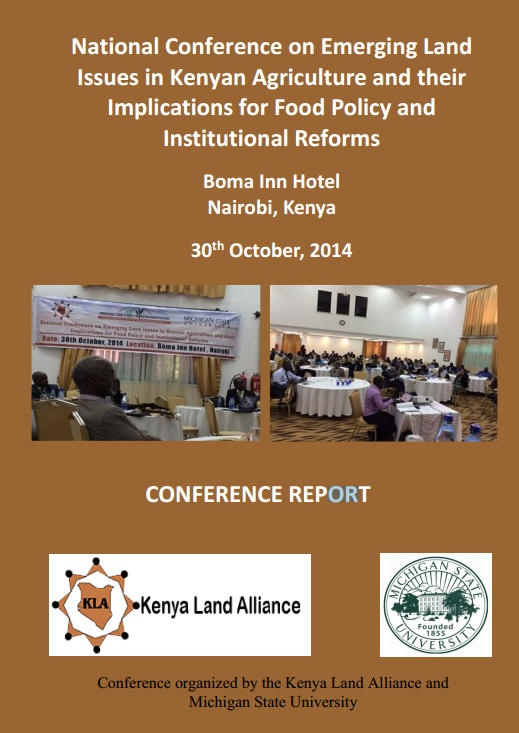One City for All? The Characteristics of Residential Displacement in Southwest Washington, DC
This paper examines two periods of renewal in Washington, DC, USA’s southwest quadrant and their relationship with displacement. The paper situates this discussion within both the local historical continuum and globally-recognized paradigms, such as “the right to the city”. This article primarily serves as an overview of urban planning consequences in Southwest Washington DC based on extant academic literature and policy briefs.
Exploring the Nexus between Displacement and Land Administration: The Case of Rwanda
In conflict situations, many people are displaced because of hostility and arms in the area. Displaced people are forced to leave behind their properties, and this in turn interrupts the relationship between people and their land. The emergency period in particular has been identified as a weak point in the humanitarian response to land issues in post-conflict situations.
The Slow Displacement of Smallholder Farming Families: Land, Hunger, and Labor Migration in Nicaragua and Guatemala
Smallholders worldwide continue to experience processes of displacement from their lands under neoliberal political-economic governance. This displacement is often experienced as “slow”, driven by decades of agricultural policies and land governance regimes that favor input-intensive agricultural and natural resource extraction and export projects at the expense of traditional agrarian practices, markets, and producers. Smallholders struggle to remain viable in the face of these forces, yet they often experience hunger.
War-Induced Displacement: Hard Choices in Land Governance
Civil war and violence often force large numbers of people to leave their lands. Multiple waves of displacement and (partial) return generate complex overlapping claims that are not easily solved. As people return to their regions of origin—sometimes after decades—they tend to find their land occupied by other settlers, some of whom hold legal entitlements. In the places of arrival, displaced people affect other people’s access as they seek to turn their temporary entitlements into more definite claims.
Righting The Wrongs: Historical Injustices and Land Reforms in Kenya
For historical reasons, Kenya inherited a highly skewed system of land ownership at independence in 1963. British colonialism in Kenya was not merely administrative. Rather, it was accompanied by massive and widespread land alienation for the benefit of settler agriculture. As a result the best agricultural land-the White Highlands and the adjacent rangelands were taken from the Africans, without compensation, and parceled out to white settlers. Colonial legislation was enacted to legalize this process.
The National Land Policy in Kenya Addressing Historical Injustices
The Historical Injustices Issues Paper seeks to present the various historical land claims issues and perspective related to them and consequently proffer policy statements for their redress.
National Conference on Emerging Land Issues in Kenyan Agriculture and their Implications for Food Policy and Institutional Reforms
For a long time sub-Saharan Africa has been considered to have abundant and underutilized land than any other continent. On the contrary, recent studies show that many rural Africans live in increasingly densely populated areas where all arable land is allocated or under cultivation. This has led to a long-term decline in farm size and reduced fallows.
Property-level direct and indirect deforestation for soybean production in the Amazon region of Mato Grosso, Brazil
Brazil’s Soy Moratorium solidified the world’s largest traders’ commitment to stop soybean purchases from production areas deforested after July 2006. The aim was to remove deforestation from the soybean supply-chain and halt one of the main drivers of forest loss in the Amazon biome. In this study, we investigated changes in deforestation at the property-level for the period 2004 to 2014.
Lutas, Memórias e Violações no campo Brasileiro
Nos últimos anos intensificou-se o debate em torno das relações entre camponeses e a ditadura empresarial militar que se instalou no Brasil em 1964 e descortinaram-se várias questões novas bem como caminhos e fontes de pesquisa sobre o tema.
Threats of Statutory Tenure on Customary Land in Zambia: Evidence from Chamuka Chiefdom in Chisamba District
This chapter investigated threats of statutory tenure on customary land. The study was primarily qualitative in nature and adopted a case study approach. Using evidence from Chamuka Chiefdom in Chisamba District, Central Province, the paper concludes that there are various threats of statutory tenure on customary land. These include traditional leaders losing control over land, displacements, land disputes, investors acquire more land than what is demarcated to them by traditional leaders, traditional leaders’ not consulting their community members, corruption, and tenure insecurity.
A (des)habitação enquanto um disciplinamento moral e uma prática de Estado na criação de territórios
Inserida na área da antropologia urbana e de uma antropologia do Estado, a pesquisa tem como ponto de partida os processos de reconfiguração e transformação urbana na cidade do Rio de Janeiro nos últimos anos, apontando para um aumento, provocado pelo município, dos deslocamentos forçados das famílias que habitam áreas periféricas e de favelas.











